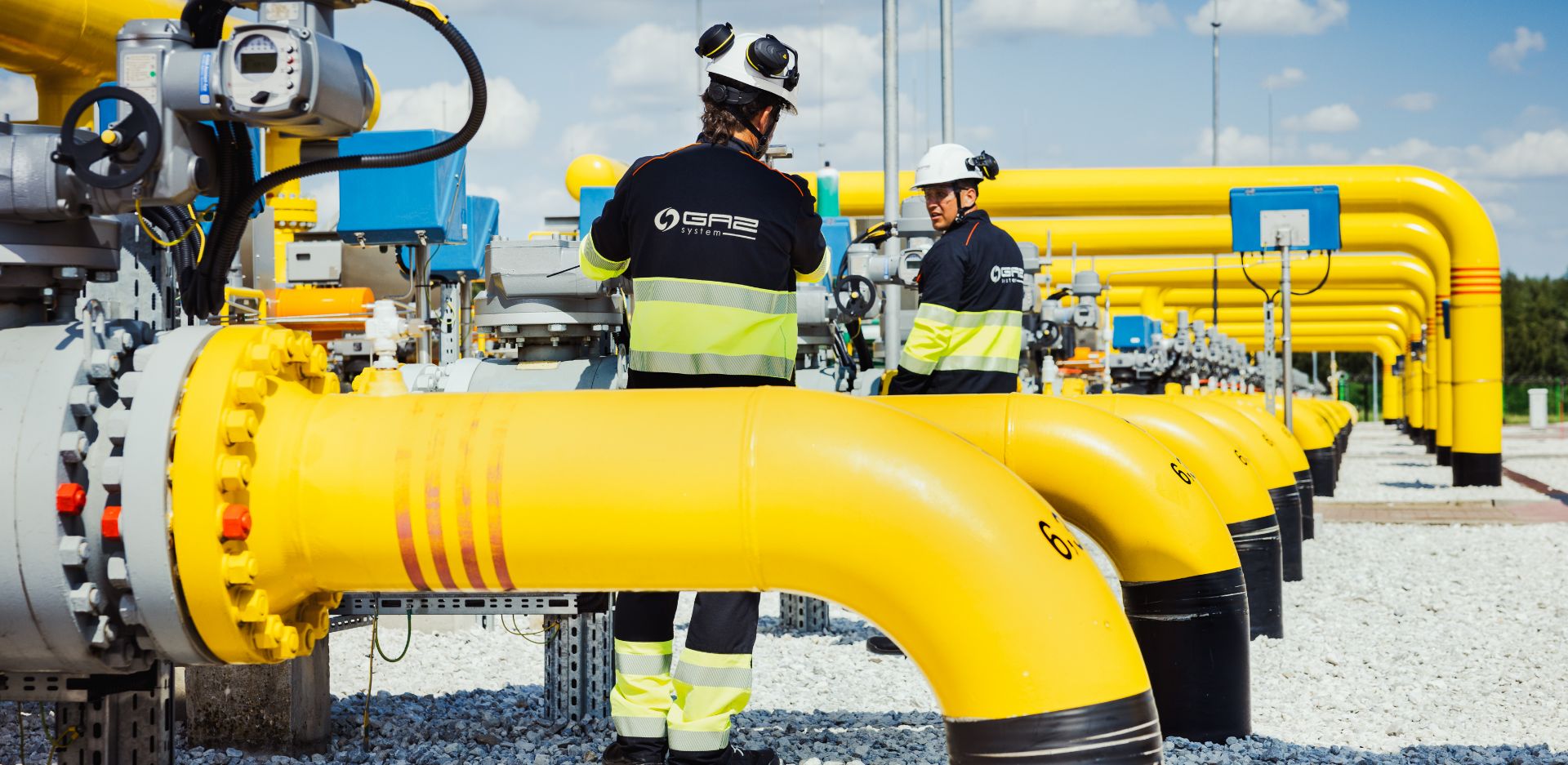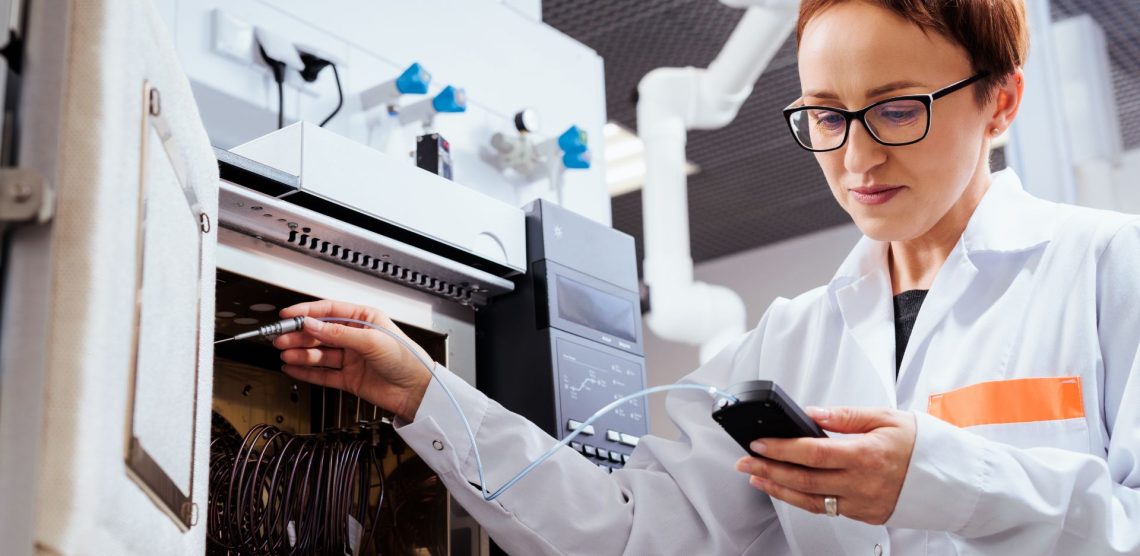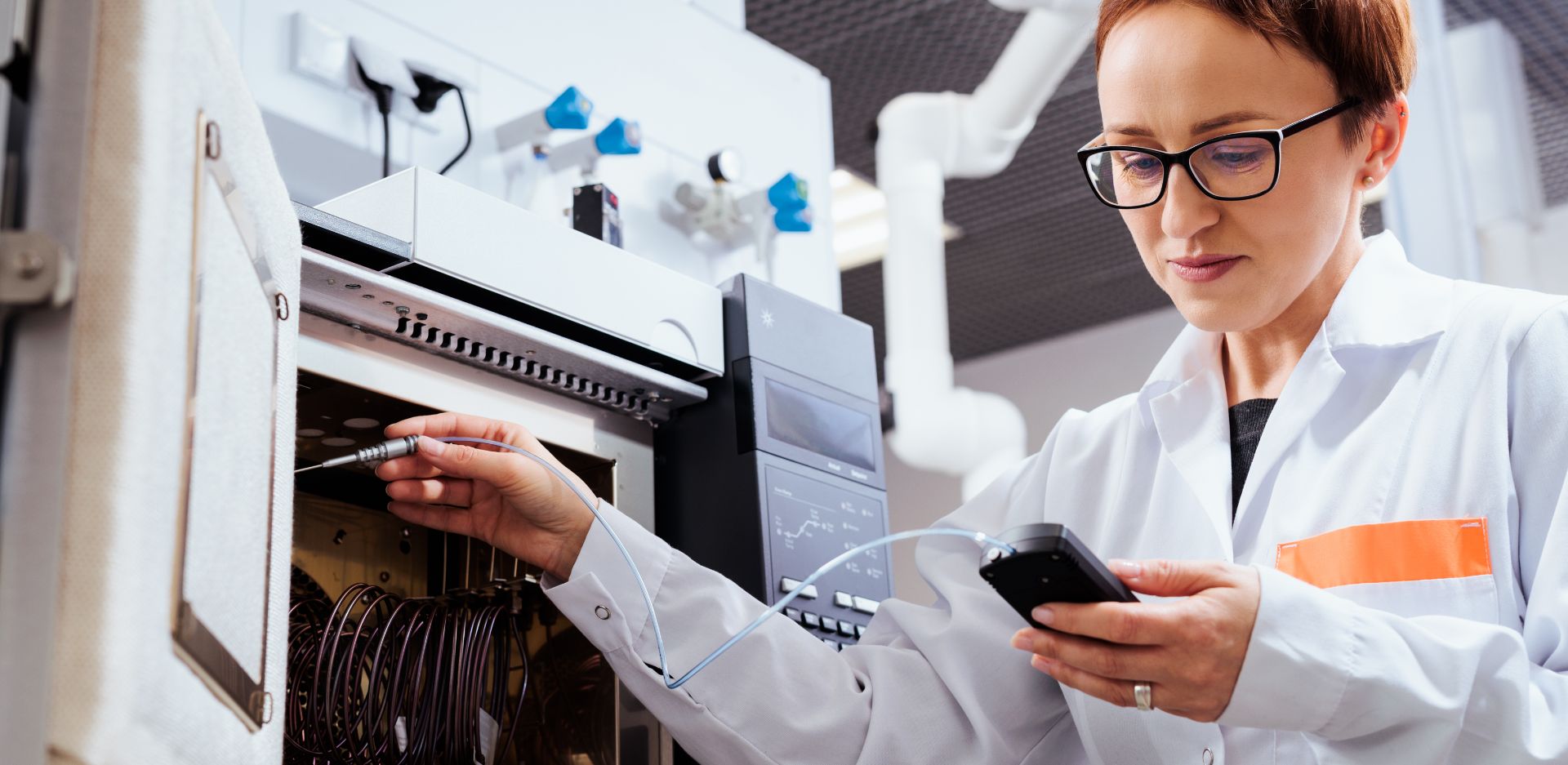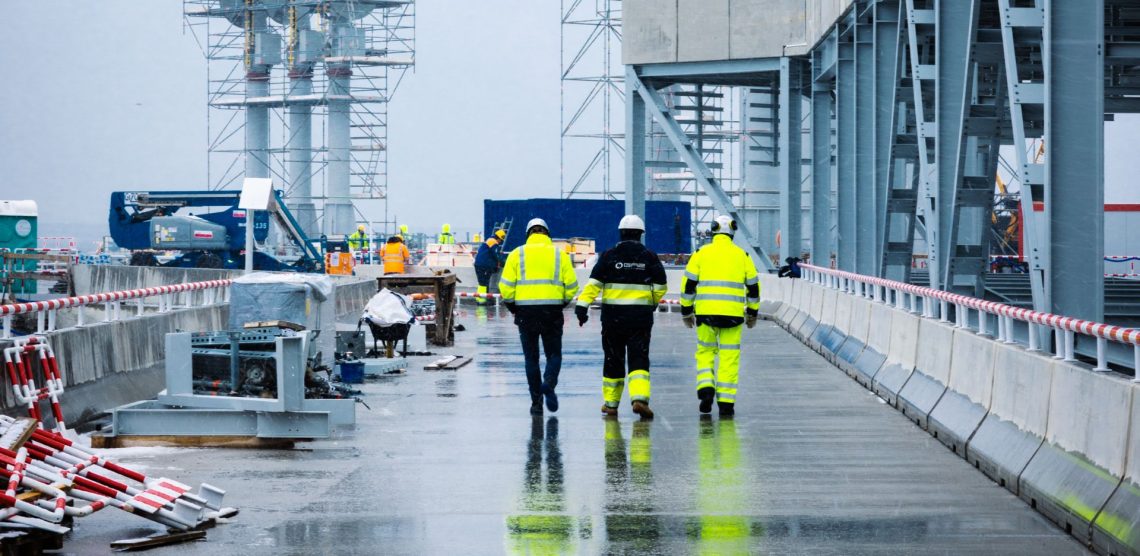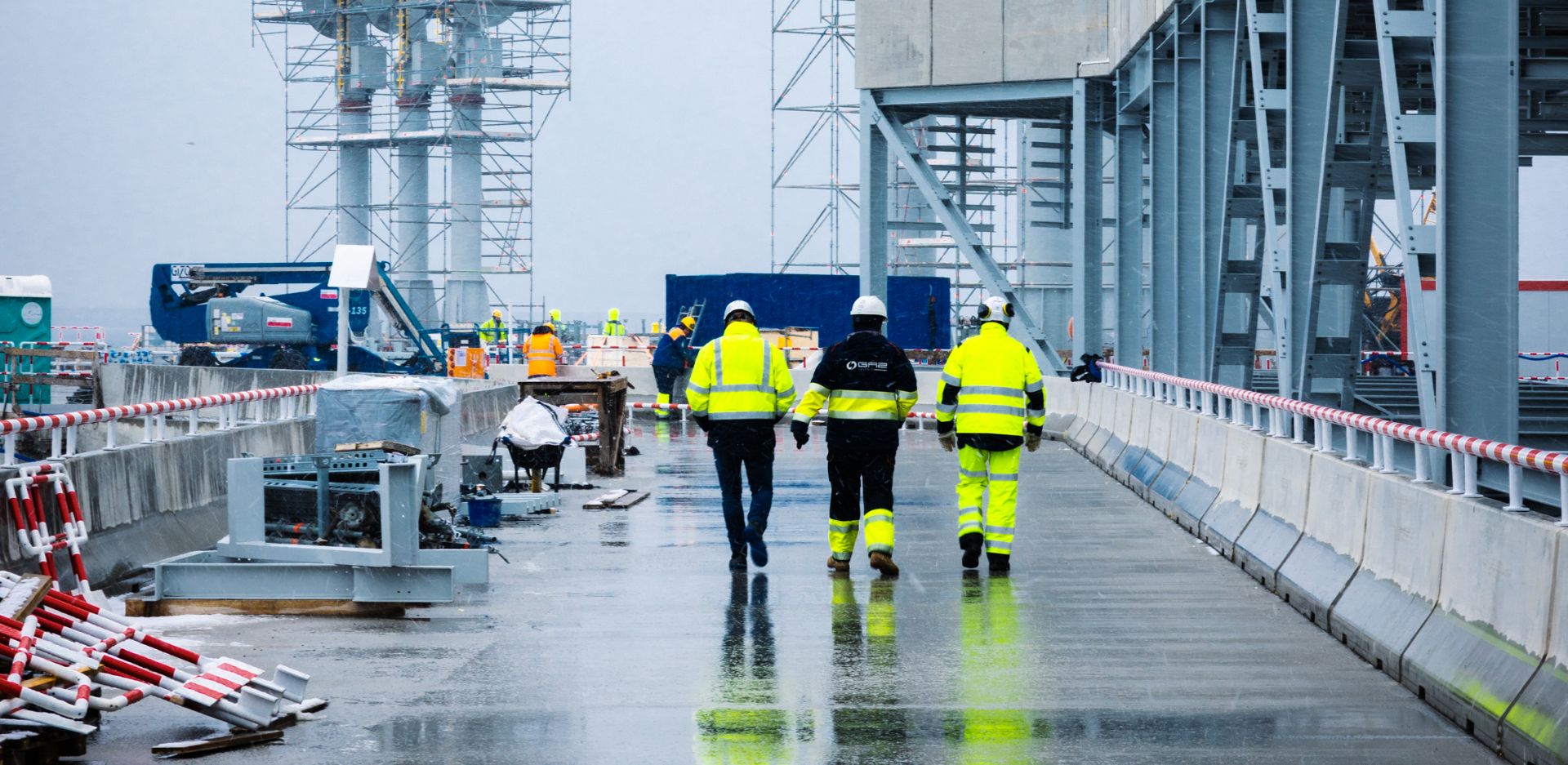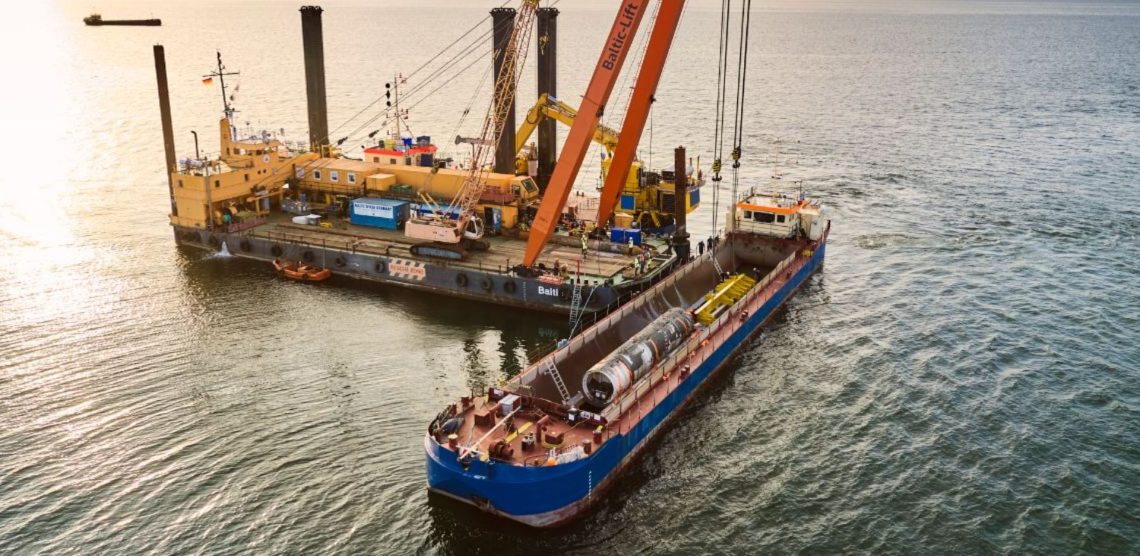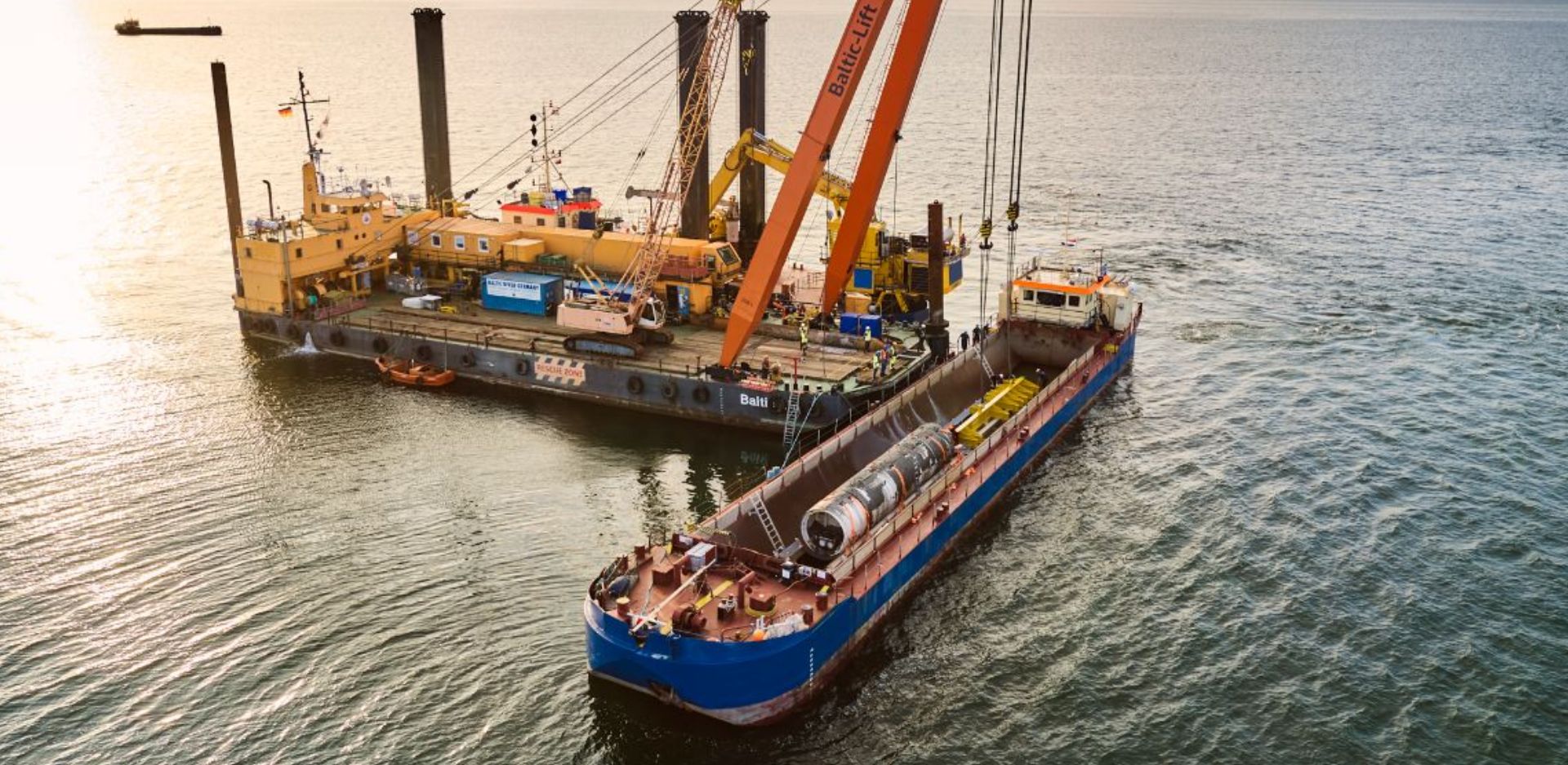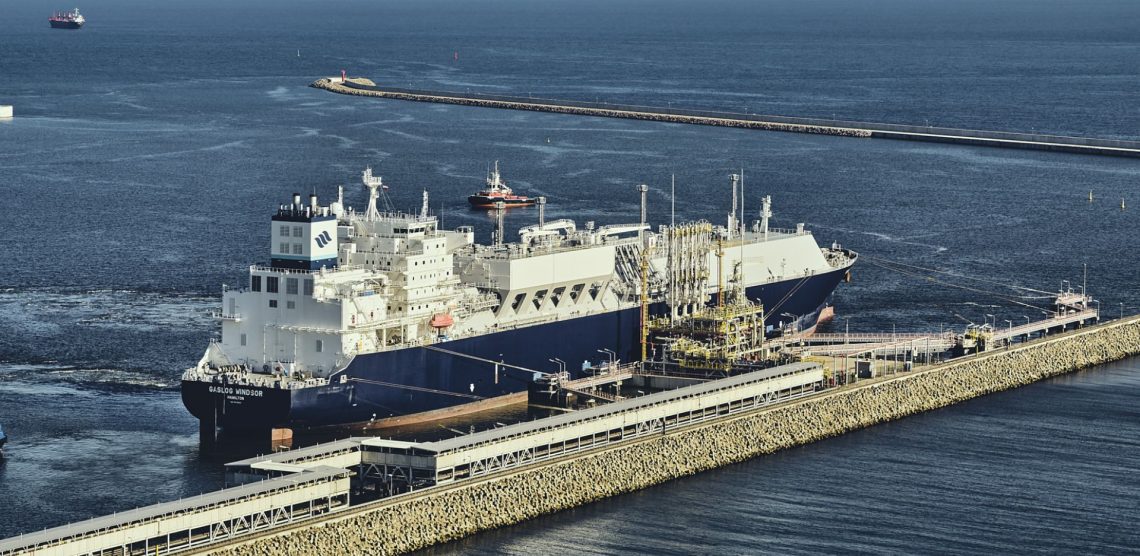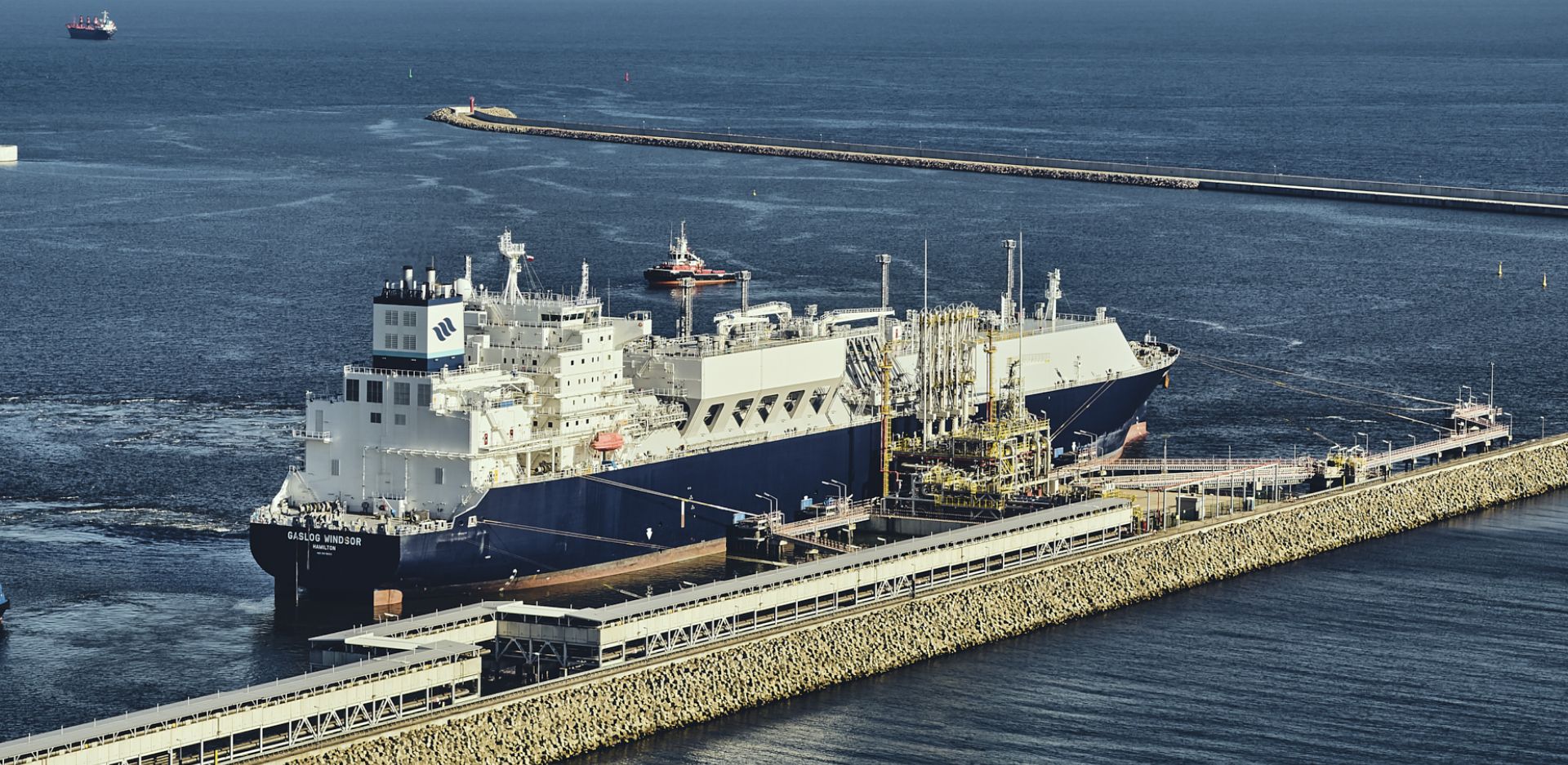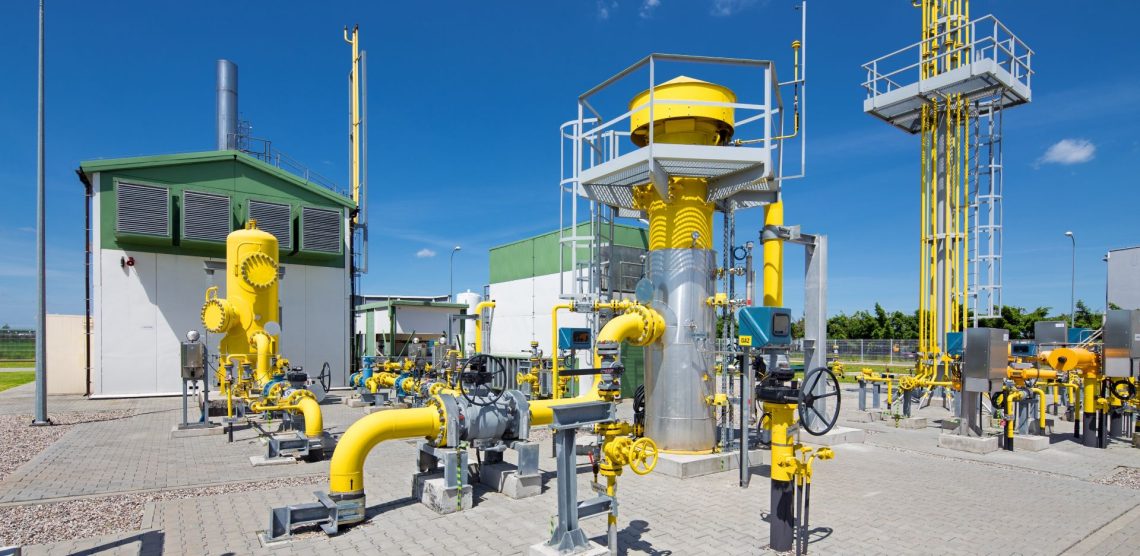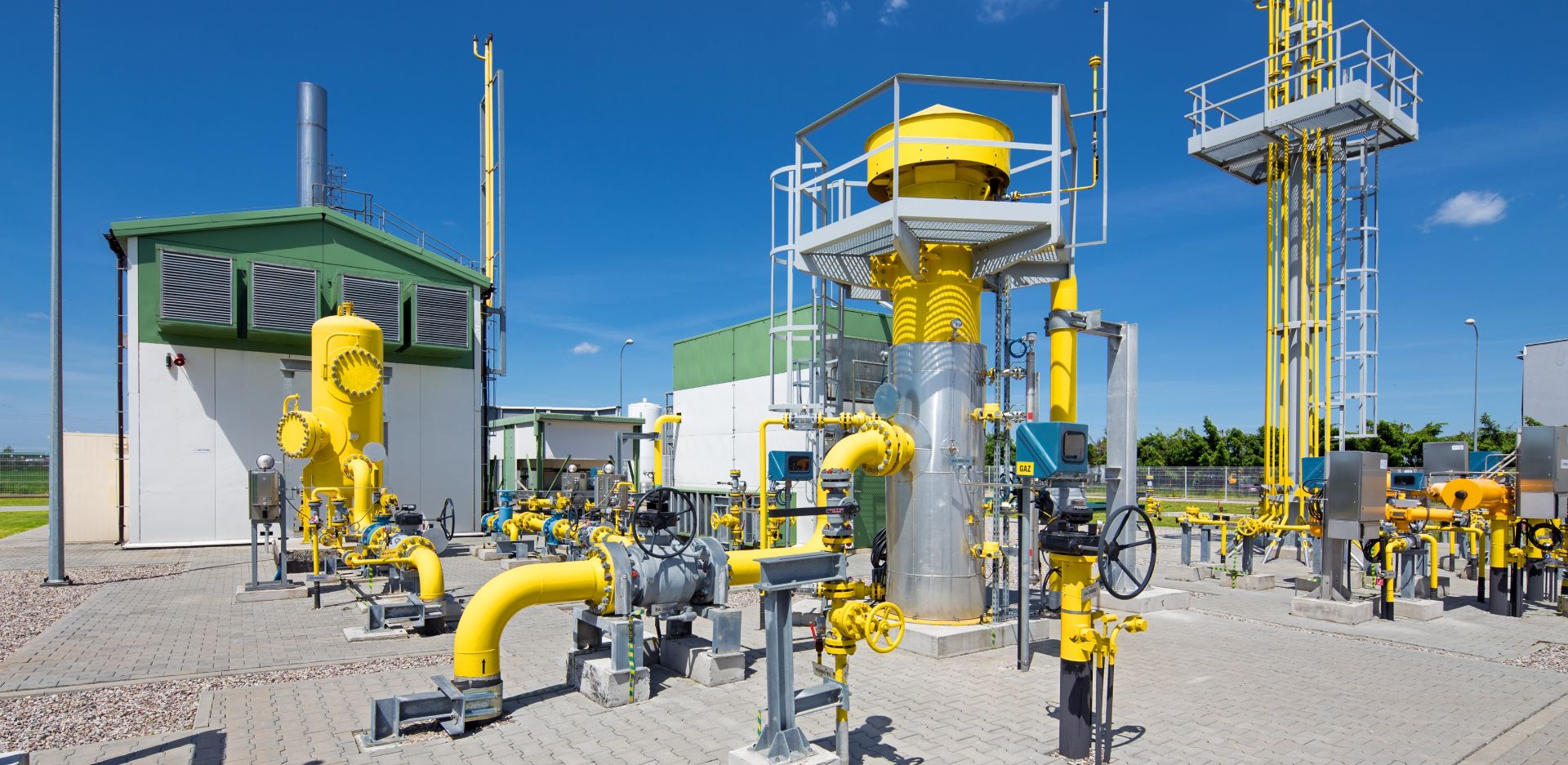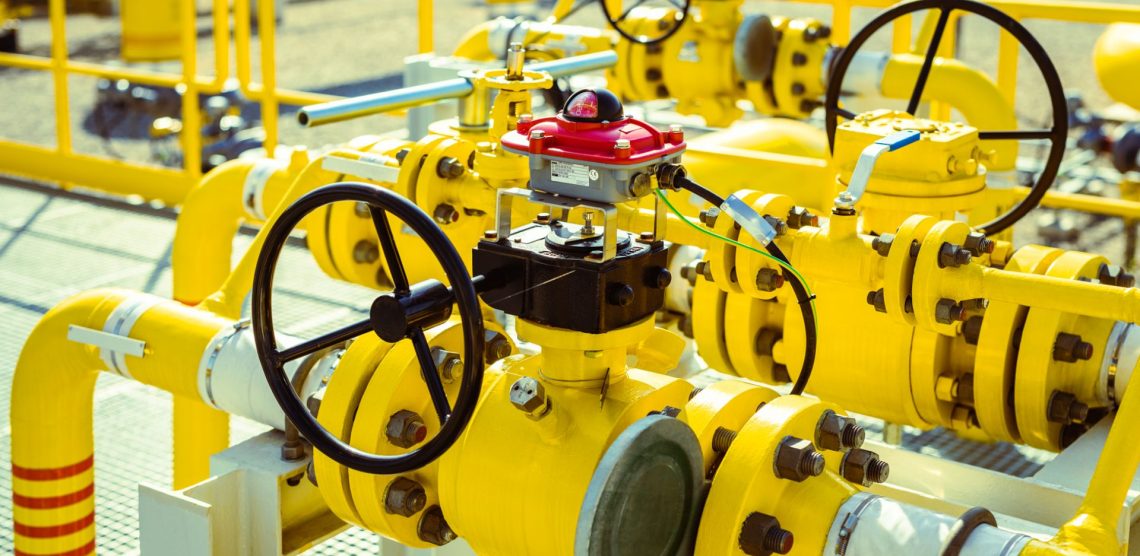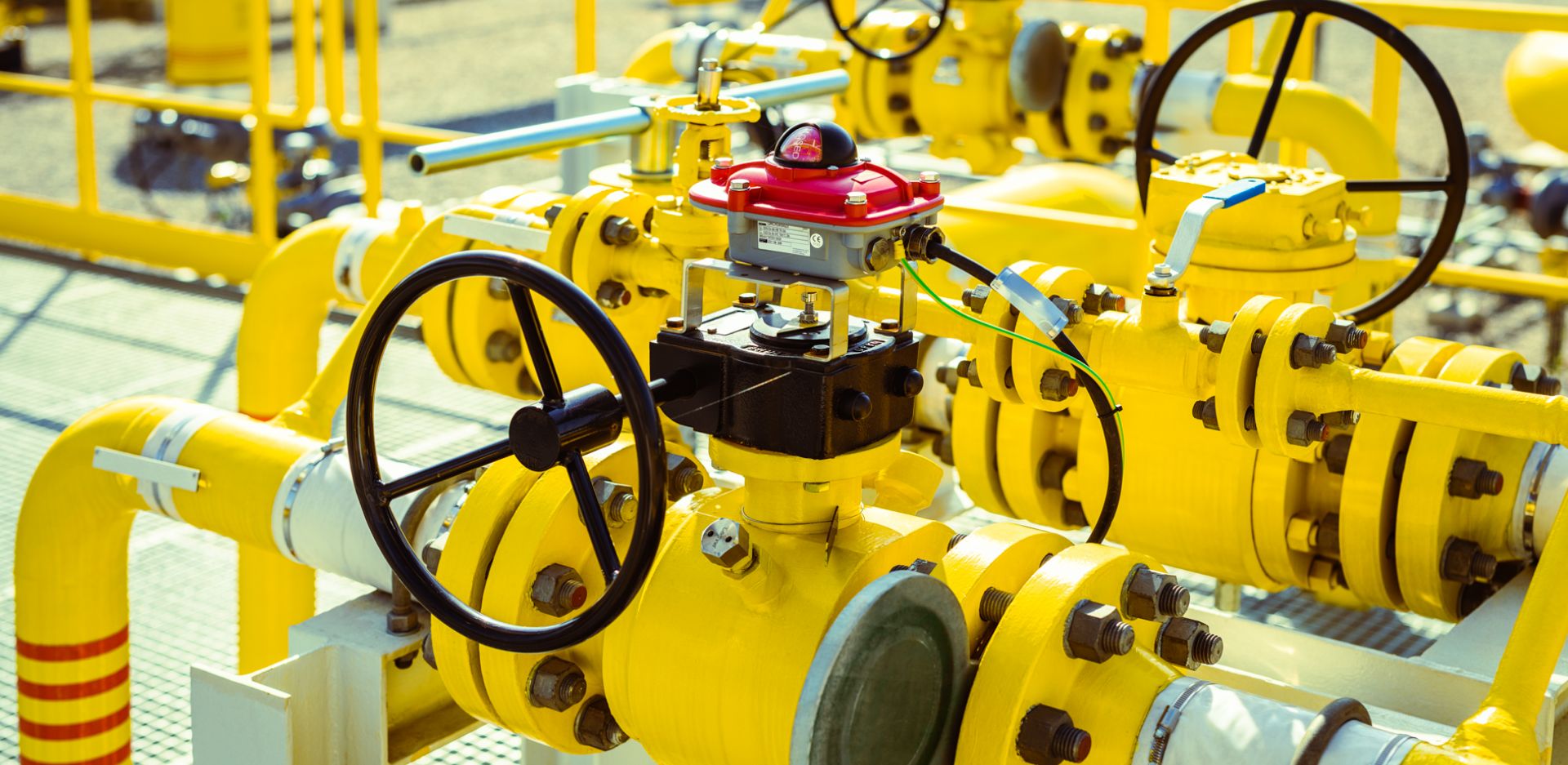On 28 April 2023, by decision of the President of the ERO, the administrative proceedings on the application submitted by GAZ-SYSTEM for approval of the incremental capacity project for the Polish and Ukrainian bidding zone border were concluded.
The project submitted for approval was a response to non-binding notifications of market demand for incremental capacity at the GAZ-SYSTEM/UA TSO GCP point, which GAZ-SYSTEM and LLC „Gas Transmission System Operator of Ukraine” (GTSOU) received as part of the market demand study for incremental capacity between the transmission systems of Poland and Ukraine conducted in 2021 in accordance with the CAM NC. After technical and economic analyses and market consultations of the preliminary project proposal in 2022, GAZ-SYSTEM submitted an application to the President of the ERO for approval of the incremental capacity project for the Poland-Ukraine bidding zone border. In order to obtain coordinated decisions approving the project by national energy regulators, a similar application was submitted by GTSOU to the National Energy and Utilities Regulatory Commission (NEURC). The President of the ERO considered that the project proposal submitted by GAZ-SYSTEM meets all the substantive prerequisites within the scope of Article 28(1) of CAM NC required for approval of the incremental capacity project for the Poland-Ukraine bidding zone border.
The coordinated decisions received from the regulators formed the basis for holding the incremental capacity auction on the GSA Platform on 3 July 2023. No amount of incremental capacity was booked by any market participant in the abovementioned annual capacity auction and therefore the economic test ended with a negative result on both sides of the border. In accordance with Article 22(3) of the CAM NC, in the event that no bid level results in a positive economic test, the respective incremental capacity process is terminated.
From 3 July to 28 August 2023, GAZ-SYSTEM conducted an assessment of the market demand for incremental capacity between the Polish entry-exit system and the Ukrainian entry-exit system for the second time. As a result of the non-binding market survey, a request for incremental capacity in the direction from Poland to Ukraine was received.
On the basis of the non-binding notifications received, the operators developed a joint market demand assessment report. The report published on 23 October 2023 estimates the potential demand for incremental capacity within the GAZ-SYSTEM entry-exit system and the GTSOU entry-exit system and indicates that an incremental capacity project should be initiated. Based on the conclusions from the report, the Operators started the design phase to develop an incremental capacity project.
Between 5 October and 30 November 2023, GAZ-SYSTEM and GTSOU held consultations on the proposal for an incremental capacity project between the transmission systems of Poland and Ukraine followed by an appropriate incremental capacity project between the transmission systems of Poland and Ukraine in accordance with the CAM NC. On 26 April 2024, the President of the Energy Regulatory Office concluded the administrative proceedings on the application submitted by GAZ-SYSTEM for approval of the incremental capacity project for bidding zone borders of Poland and Ukraine. The ERO President concluded that the project proposal submitted by GAZ-SYSTEM met all the substantive prerequisites for project approval. The incremental capacity auction will be held on 1 July 2024.


